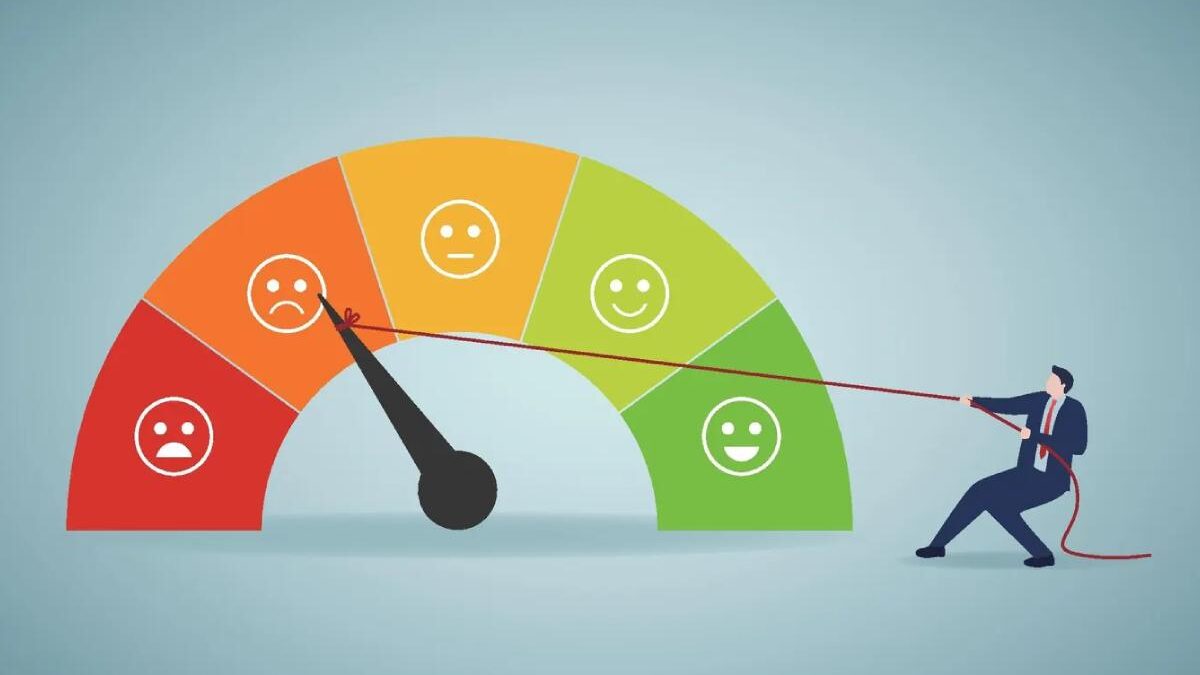Credit Balance – If you need to maintain a good credit score, you have to keep track of your balances. There are several ways to do this:
Table of Contents
Review credit reports – Credit Balance
- Review your credit reports. Credit bureaus provide free copies of your credit report once a year, so take advantage of this opportunity to learn more about the way lenders view you.
- Monitor your credit card balance. If you have multiple lines on one card or multiple cards with different limits and balances, manage all accounts equally so that none are maxed out while others are underused. It’s also important to ensure that no individual account has too high a percentage of available credit (30% is generally considered maxed out). Financial planners like SoFi say, “In addition to their current balance & statement balance, each month the cardholder will also be said what their credit card minimum payment is.”
Pay bills on time
- Pay bills on time.
- Pay bills in full.
- Pay more than the minimum payment.
Everyone should follow these three basic rules to maintain a healthy credit score and avoid incurring late fees and penalties. If you don’t need to go through all that trouble just yet but still want some help keeping track of things, consider using your phone as an alert system: there are plenty of calendar apps out there that will notify you when it’s time for bill payment (or let you know if one has been paid).
Pay down revolving credit – Credit Balance
- When you pay off your credit cards, the money comes out of the account as soon as you make the payment. This can be caring if you tend to overspend and don’t always have money in the bank when bills are due.
- You should focus on paying down revolving credit card debt before other types of loans (like mortgages or student loans). If you have high-interest rates and low balances on one card but lower interest rates and higher balances on another, it may make sense to focus on that card first so that you can reduce what’s owed instead of just increasing what’s left over after paying off one loan early.
- If there are two cards with similar rates and amounts owed, choose whichever has a lower balance so that it will pay off faster (and save yourself more money).
Pay off debt rather than moving it around
- Pay off your total debt rather than moving it around.
- Debt consolidation does not always help. In fact, it can get you into more debt by essentially allowing you to borrow at a high-interest rate in order to pay off other loans with lower interest rates.
- Don’t take on new debt while you are trying to get out of your old one! Consolidating existing debts into one big loan is seldom the best idea, as it will typically come with a higher interest rate than any individual loan would have carried on its own.
Credit can be a countless tool, but it can also have negative consequences if you don’t use it wisely. To avoid problems in the future, follow these tips to maintain your credit balance and keep yourself out of debt.

